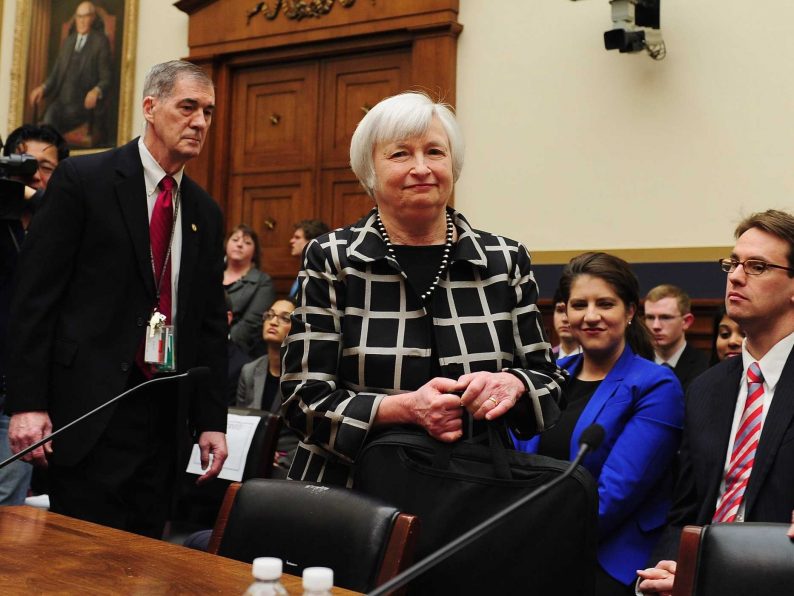
When it comes to the markets, the slightest change in the narrative can make all the difference at times. And based on the market action yesterday, this might be one of those times.
I wrote on Wednesday that rising bond yields (if the move were to continue, that is) could become the next problem for the stock market. I suggested that rates have been movin’ on up recently due to the idea that the era of global central bank support was coming to an end. At least part of this assessment stemmed from the belief that the U.S. Fed was on a mission to (a) return rates back to more “normalized” levels and (b) begin reducing the massive portfolio of securities they accumulated since the crisis – regardless of the recent data.
From my seat, traders believed that Yellen & Co. could be guilty of ignoring some key inflation data and that the Fed was planning to simply power ahead. After years of transparency and the Fed being “data dependent,” this approach appeared to be a departure from the usual course. Thus, Yellen’s apparent stubbornness coupled with the ECB “talking taper” and the BOE sounding more hawkish by the day, seemed to give bond traders pause.
A key component to the worry in the bond market was the Fed’s apparent insistence that the recent reversal in the trend of the inflation data was “transitory” and due to things like changes in cell phone plans and price declines in prescription drugs. So, with inflation data declining and the Fed planning to move forward with rate hikes and bond sales, traders voted with their feet – and bond yields spiked around the globe.
A Sigh of Relief
But yesterday, some of those fears were allayed. Instead of insisting that the Fed was on the right path and that there was no reason to alter the course, Yellen sounded more like the uber dovish Fed Chair that traders had grown to know and love.
Instead of insisting that the recent decline in inflation was transitory, Yellen backpedaled. The Fed Chairwoman testified Wednesday that the historical pattern of tighter labor markets creating pressure on wages and inflation has been slow to materialize. “The relationship between those two things has become more attenuated than we’ve been accustomed to historically,” Yellen said. “There is uncertainty about when — and how much — inflation will respond to tightening resource utilization,” she added.













Leave A Comment